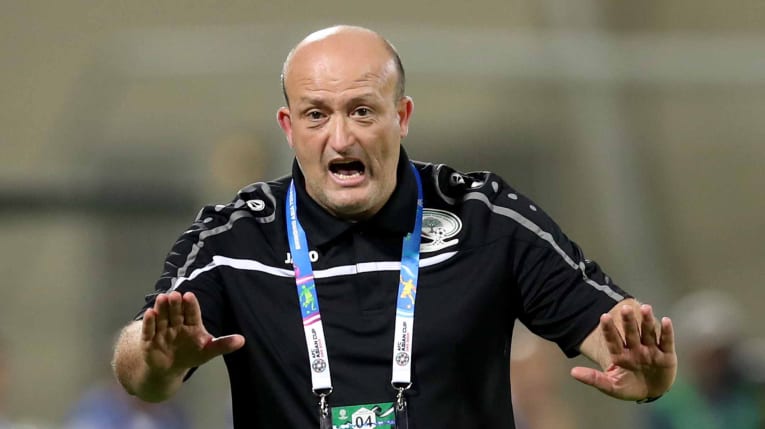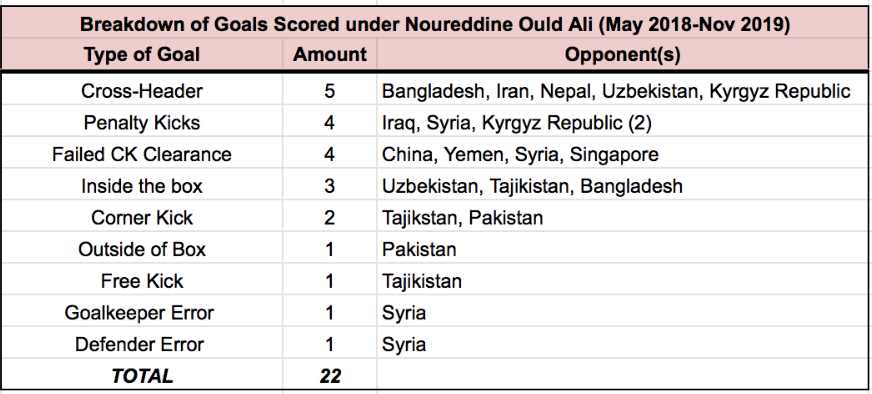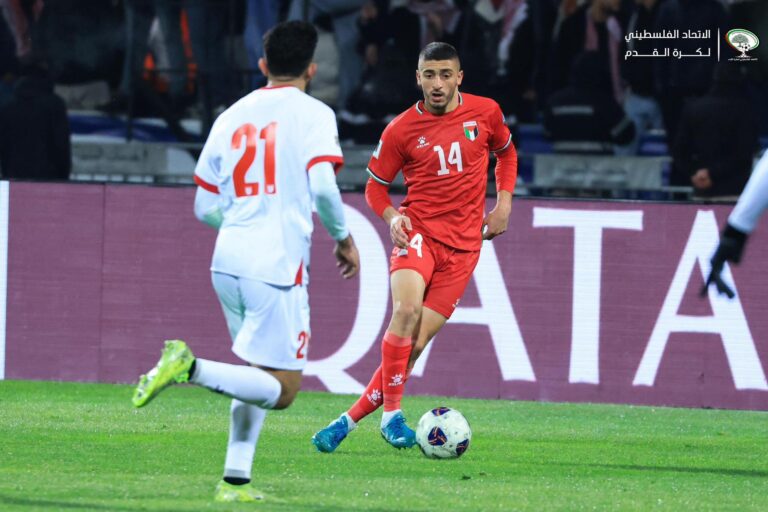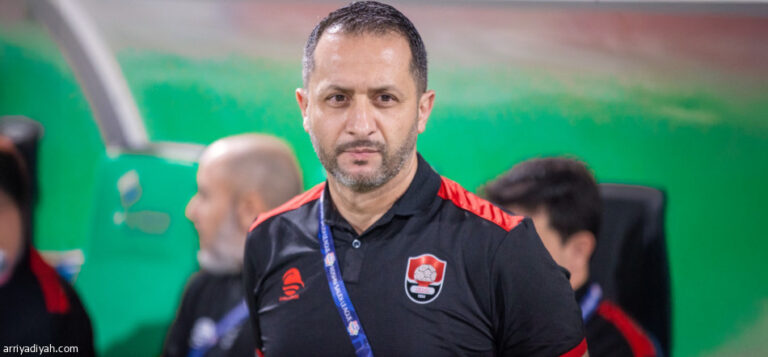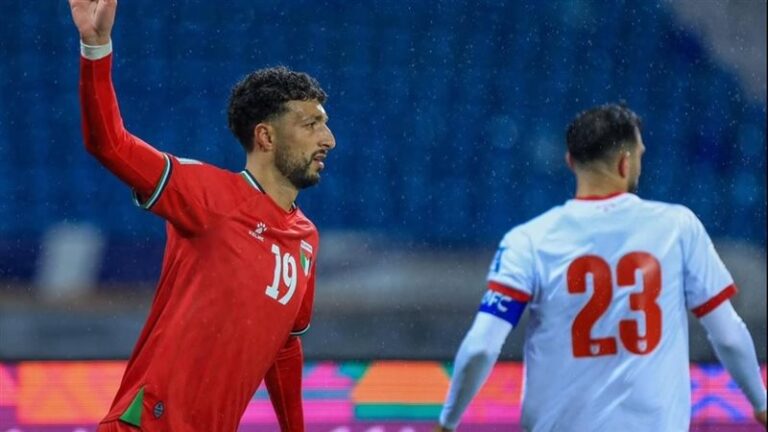Bottom of Group D with a meagre four points and three goals scored from five games, Palestine no longer control their destiny in World Cup qualification. Official elimination will come at some point in early 2020- particularly if Group favourites Uzbekistan and Saudi Arabia take care of business next month.
Palestine achieved a haul of 14 points in 2018 FIFA World Cup qualification. They were not officially eliminated until the penultimate match day but their performances- following a maiden Asian Cup appearance were encouraging. A haul of 12 points and 20 goals against Timor Leste and Malaysia plus two 0-0 draws against eventual finalists Saudi Arabia and the 3rd place finishers from the last Asian Cup was a success for a young squad in the first phase of a rebuild.
Fast forward three years and the team has simply regressed despite adding quality pieces to the player pool.
A famous 2-0 win over Uzbekistan in September should have been a catalyst for a deep run in World Cup qualification. Instead, it is a mere statistical outlier in a period that has witnessed a lack of forthright planning.
Confusion
In the lead up to Palestine second qualifier against Singapore, Noureddine Ould Ali was set to make several changes to his starting XI. He shared a lineup with the players on their first day in the city-state. On the day of the match, he had suddenly changed his mind- electing to play with the same starting eleven that had won against Uzbekistan.
Signs of fatigue were clear for all to see and when more attacking players were needed to claw back from a 2-1 deficit there were no true forwards on the bench. A simple phone call to Yashir Islame who was on the other side of the Malacca Strait in Malaysia could have solved that.
It was not the first time Ould Ali had made a last second change to his lineup. During the Asian Cup before the match against Australia, the plan was to play Daniel Kabir Mustafá in place of the suspended Mohammed Saleh. On the morning of the match, he told his right back- the diminutive Musab Al-Battat- that he would playing in the heart of defence, without a single training session under his belt.
In the lead up to that Asian Cup, he was due to leave Jaka Ihbeisheh out of the squad only for an 11th hour change of heart that saw Ihbeisheh make the squad while Mahmoud Eid was omitted. The Allsvenskan veteran was not even given an explanation by the manager for his late decision.
His decision to take Khaled Salem and use him as an impact substitute during the Asian Cup campaign was unwise. Despite that obvious mistake, Ould Ali insisted that this 30 year old with a poor record of influencing the proceedings of an international match merited a call up to the national squad.
He was also called upon to change the direction of the game against Saudi Arabia and Yemen. A task he was not up to as he had proven over 30 times in his national team career.
When Ould Ali finally came back to Palestine’s most reliable goalscorer, Yashir Islame, he played him out of position on the wing, against Uzbekistan, in Tashkent.
This wasn’t the first time as he shoehorned Islame into a position he was not adept at. The Santiago born striker was played in the #10 role in a do-or-die match against Jordan at the Asian Cup.
Conservatism
Ould Ali’s 27 games at the helm resulted in seven wins, ten draws, and ten losses. In that span, Palestine failed to score in 13 games, scored 22 goals and conceded 30 times (-8 GD).
For the sake of comparison in the 27 games before his reign (under the combined command of El-Hassan, Barakat, and Baldivieso) the national team scored 59 goals and conceded 29 goals (+30).
Here is a detailed breakdown of those games:
The numbers prove the regression and a closer look shows that Palestine’s plan in competitive matches is to defend and hope for the best. Three matches at the 2019 Asian Cup and five in 2022 World Cup qualifying have yielded just three goals.
Conservatism and pragmatism have their place in football but this approach was not even effective- particularly in games Palestine were favoured to win.
Sitting deep and packing numbers behind the ball only created a false sense of security and the statistics bear that out. Ould Ali’s 30 goals conceded in 27 games is one worse than the 27 games under three previous managers a period which included a 4-0 and 5-1 blowout losses in the 2015 Asian Cup.
Noureddine Ould Ali’s side will be remembered as one that scored goals by sheer force of will in the absence of a clear tactical plan.
Palestine have a pair of excellent fullbacks. So much so, that Julio Baldivieso’s stated intent was to play a 3-5-2 and utilise Abdallah Jaber and Musab Al-Battat in that poisition.
Five of the 22 goals Palestine scored under Ould Ali were the result of headed crosses. Three came in from the left (Dabbagh vs. Kyrgyzstan, Salem vs. Nepal, and Cantillana vs. Iran) the other two came in from the right (Balah vs. Bangladesh, Batran vs. Uzbekistan).
The fullbacks provided the assist for three of those goals. Penalty kicks were also another source of goals for Ould Ali (4) and nearly all came as a direct result of fullbacks joining the attack. During the WAFF Championship, Abdallah Jaber was fouled in the box against Syria and two games earlier had played a key pass into the box before Mohammed Yameen was taken down.
A sustained build up of possession or passes was so conspicuously absent in the team under Ould Ali. Regardless of the opponent there was a strange insistence to knock it long despite possessing a surfeit of attacking midfield talent playing abroad; Albadawi, Awad, Batran, Dabbagh, Eid and Seyam to name a few.
Half of the goals scored by Palestine were either the direct result of a set piece or the residual effects of a set piece. The only time Palestine managed to score more than two goals in a match was against Syria in the WAFF Championship, in a game where the Syrians were almost insistent on helping Palestine score.
A review of all the goals scored revealed the longest sequence of passes in the lead up to a goal was a mere five passes- with only three of them in the opponents’s half. This occured in a 1-0 win against lowly Nepal.
Cowardice
Allowing Yemen to maintain a clean sheet and over 50% possession when they have done neither against other opponents in the group is a crushing indictment of Ould Ali’s tactics- or lack thereof.
Yemen had conceded at least twice in every other game they played and had not tasted victory until they got the opportunity to play against a side led by Ould Ali.
With the experience of playing Palestine just three months ago, the Yemenis knew what to expect and defended every long ball with aplomb.
Other than the odd counter or set piece, Yemen poses no real, consistent attacking threat. That did not stop Ould Ali from playing with a deep line or playing five midfielders- leaving Islame and Chihadeh on the bench in a game that Palestine needed to win at all costs.
With wayward long balls being played and lost at an alarming pace Palestine committed rash tackles. The narrative of the game devolved into lamenting the sending off but they had done nothing for 35 minutes against Yemen.
At no point in his tenure did Ould Ali express confidence in his players to dominate a game and be proactive. His negative approach was only vindicated when he came up against Hector Cúper who was promptly fired after the ignominious loss.
The Way Forward
Jibril Rajoub has made the players and the fans pay a heavy price for his arrogance and hubris. The appointment of Baldivieso was, at best, unnecessary. His sacking after two matches and three months at the helm ran counter to the logic of his appointment in the first place.
Instead of hiring a new manager or bringing back Barakat he settled on a man who had never been in a managerial role before. That experiment should have come to its natural end after Palestine’s group stage exit at the Asian Cup. Instead, Rajoub doubled down and stuck with Ould Ali when the promotion of Ayman Sandouqa would have been a logical step to take.
As a result, Palestine can no longer dream about further their World Cup journey and has to focus on the long term. A return to the Asian Cup in China in 2023 is paramount and if Palestine do not collect the points required to move off the foot of the table a home-and-away playoff might be necessary just to get into qualification tournament.
This is a full blown crisis. The fact that it could have been averted makes it difficult to accept but Palestine is in need of a manager to steady the ship and build for China 2023 and the World Cup in 2026.
